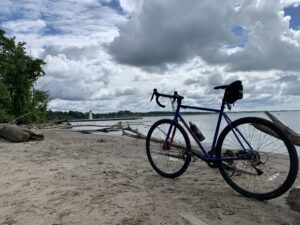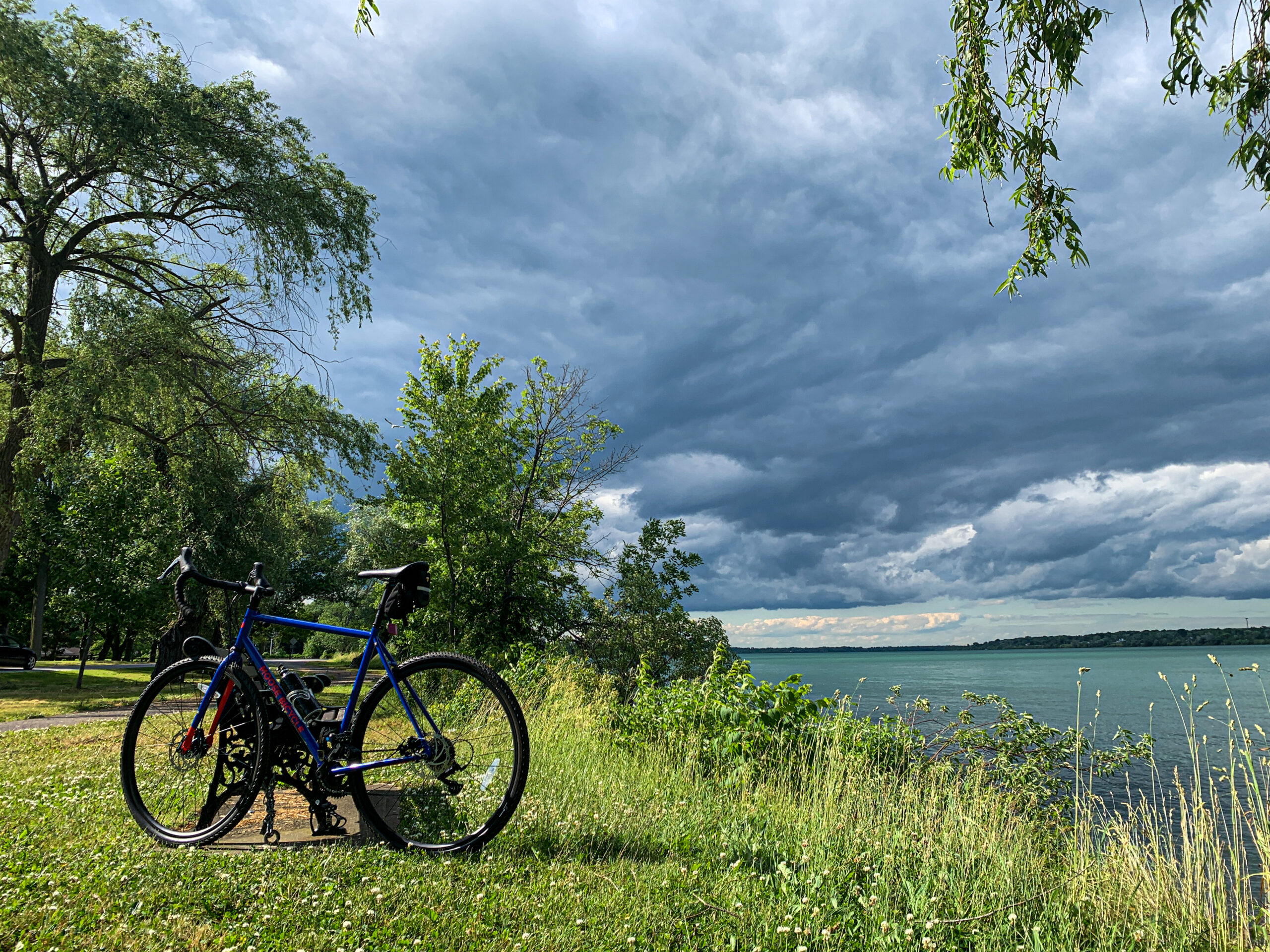Exercise and Your Immune System
Most people are aware that exercise will make you healthier but not so many are aware how it can affect the immune system in a positive way. And in this regard, I don’t mean one has to work out 2-3 hours a day or be a triathlete or some such.
You just need to get up your heart rate and circulation for a period of time each day - and not necessarily every day - but you need to be
consistent. From what I’ve read and experienced over the years, a minimum of 20 minutes a day usually is adequate.
An article in the Journal of Sport and Health talks about how to increase the effectiveness of your immune cells.
“In addition to improving your mental health, a 2019 scientific review in the Journal of Sport and Health Science found that exercise can improve your immune response, lower illness risk, and reduce inflammation.”
“Because exercise increases blood and lymph flow as your muscles contract, it also increases the circulation of immune cells, making them roam the body at a higher rate and at higher numbers”
This is really significant: Per the British Journal of Sports Medicine in an paper published September 07, 2011 - they found that those partaking in the study, that exercised five days a week or more, had a 40% reduction in respiratory tract infections such as the common cold.*(see note at end of article)
Extensive Study
The study of the subjects was over a 12 week period.
“Conclusions Perceived physical fitness and frequency of aerobic exercise are important correlates of reduced days with URTI [Upper respiratory tract infection] and severity of symptoms during the winter and fall common cold seasons.”
And this from Science Direct’s article showing relationship between exercise and body’s defense/immune system:
“The compelling link between physical activity and the body's defense system:
Highlights:
 - Acute exercise is an immune system adjuvant that improves defense activity and metabolic health.
- Data support a clear inverse relationship between moderate exercise training and illness risk.
- Acute exercise is an immune system adjuvant that improves defense activity and metabolic health.
- Data support a clear inverse relationship between moderate exercise training and illness risk.
- Exercise training has an anti-inflammatory influence mediated through multiple pathways.
- Illness risk is increased in athletes during periods of intensified training and competition.
- Increased carbohydrate and polyphenol intake is an effective nutritional strategy for immune support.
- Habitual exercise improves immune regulation, delaying the onset of age-related dysfunction.
Advances in mass spectrometry technology will provide new insights on exercise–immune responses.”
From US National Library of Medicine/National Institutes of Health:
Per the US National Library of Medicine, exercise or some sort of regular physical activity, can help clear up or stave off anything from inflammation (inflamed joints, etc) to colds to cancer.
“Epidemiological evidence indicates that regular physical activity and/or frequent structured exercise reduces the incidence of many chronic diseases in older age, including communicable diseases such as viral and bacterial infections, as well as non-communicable diseases such as cancer and chronic inflammatory disorders. “
“(iii) exercise can enhance in vivo immune responses to bacterial, viral, and other antigens. In addition, we present evidence showing that regular physical activity and frequent exercise might limit or delay immunological aging. We conclude that leading an active lifestyle is likely to be beneficial, rather than detrimental, to immune function, which may have implications for health and disease in older age.”
From everything I’ve read and studied, one doesn’t have to over extend oneself. You want to get your heart rate up for a little bit for a while. If you  are totally comfortable walking 3-4 miles an hour (a mile every 15-20 minutes) then see if you can push yourself every so slightly to go half a mile faster. Just get your heart and lungs and muscles working just a touch harder. You don’t have to get winded, particularly starting out. If you haven’t exercised in a while, just get out and do something every day. If you have to start with doing 10-20 minutes of walking once a day, start with that. The important things are not doing too much, or over exerting when you start and also, persistence. Notice that in one of the articles above, it was a 12 week study where there was a reduction by 40% in lung and other issues. So don’t quit after 2-3 weeks! Make it part of your lifestyle.
are totally comfortable walking 3-4 miles an hour (a mile every 15-20 minutes) then see if you can push yourself every so slightly to go half a mile faster. Just get your heart and lungs and muscles working just a touch harder. You don’t have to get winded, particularly starting out. If you haven’t exercised in a while, just get out and do something every day. If you have to start with doing 10-20 minutes of walking once a day, start with that. The important things are not doing too much, or over exerting when you start and also, persistence. Notice that in one of the articles above, it was a 12 week study where there was a reduction by 40% in lung and other issues. So don’t quit after 2-3 weeks! Make it part of your lifestyle.
Exercise
Some ideas if you haven’t exercised in a while:
- Park the car at the grocery store a little further every time you go, so you have to walk. Much easier to find a spot that way as well.
- Once you have some wind, take one flight of stairs instead of the elevator.
- When you walk in the park or neighbourhood, take a camera (even your phone camera will work) and take a photo or two. That way you are making it more interesting.
- I like to look around when I’m out for a walk but for some it could be a good time to listen to that audio book.
- Walking or some other sort of exercise, cycling, tennis can be a good time to spend with your spouse.
- Some like to go on their own but you may do better joining up with a group or a friend. Sometimes it is ‘easier’ once you have committed the time with a friend.
- Walk to the store instead of driving.
There are likely a hundred other ways to get started. But the simplicity of getting outside every day for even 20-30 minutes can be unbelievably beneficial.
*This point regarding “40% reduction in respiratory tract infections such as the common cold.” is particularly important now with the fact that somewhat over 93% of the deaths from Covid-19 are with a comorbidity, largely being respiratory tract infections.
